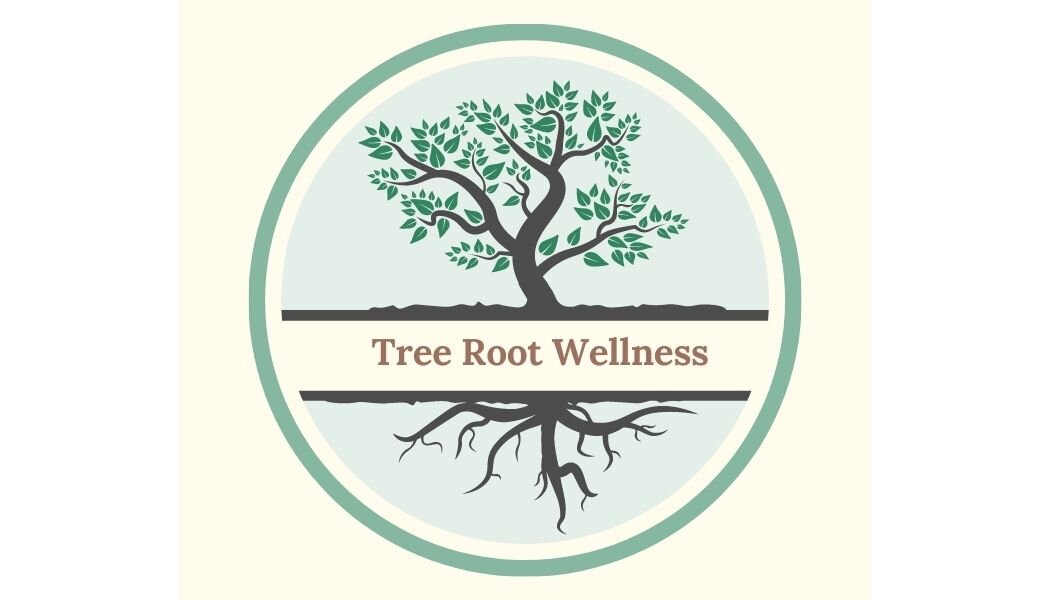Healing Allies: Valerian
“True silence is the rest of the mind, and is to the spirit what sleep is to the body, nourishment and refreshment.” — William Penn
Valeriana Officinalis, commonly called Valerian, known for its benefit for insomnia and sleep disturbance, was first prescribed for insomnia during the Greek and Roman era. In the Middle ages, the root was highly valued as a medicine, spice, and as perfume. It was custom to lay the roots among clothes to freshen them or in aromatic baths before sleep and after long days of labor. We still use it in ointments to help relieve muscle stress and tension. Valerian was first noted specifically as a treatment for epilepsy in 1592 by Fabius Calumna. In his materia medica, Calumna used Valerian root powder to control his seizures. Indigenous people throughout the northern United States and Canada use Valerian as food, in charms, in herbalism for people and horses, as a smoked plant, for incense and ceremonies.
Valerian is best known as a sedative, nervine, antispasmodic, hypotensive, diuretic, and anticonvulsant. You can use it to soothe sleep disturbance, grief/loss, depression, neuralgic pain, dysmenorrhea, epilepsy, nervous headaches, and decreased cerebral circulation. There are also studies that support its use in helping teens with the focus and task attention challenges of ADHD.
Use caution when taking or eating Valerian root if you are using anti-anxiety or sleep medications like benzodiazepines. The herb can increase the effects of the medication. Also use caution taking Valerian when consuming alcohol due to its sedative effect. However, with the guidance of a healthcare provider, Valerian helps taper off of benzodiazepines. Some people experience grogginess upon waking after using Valerian as a sleep aid. If this “Valerian Hangover” happens to you, decrease the dose to avoid the side effect.
You should always consult your physician before starting botanical medicine to meet your individual needs.
A Supportive Ally in Trauma
Traumatic Brain Injuries (TBI) often causes decreases in cerebral circulation, sleep disturbances and headaches. Valerian is a great ally to address these complaints. Any sleep disturbances, especially one because of emotional or physical pain, can be addressed by using Valerian root.
Valerian’s brain health profile directly impacts the effects of trauma by decreasing anxiety and improving sleep. Flavonoids found in the plant’s roots increase the inhibitory neurotransmitter, GABA, in the brain to decrease anxiety and improve sleep. Valerian is a supportive ally in addressing the importance of increasing our parasympathetic state after brain injuries or emotional trauma.
